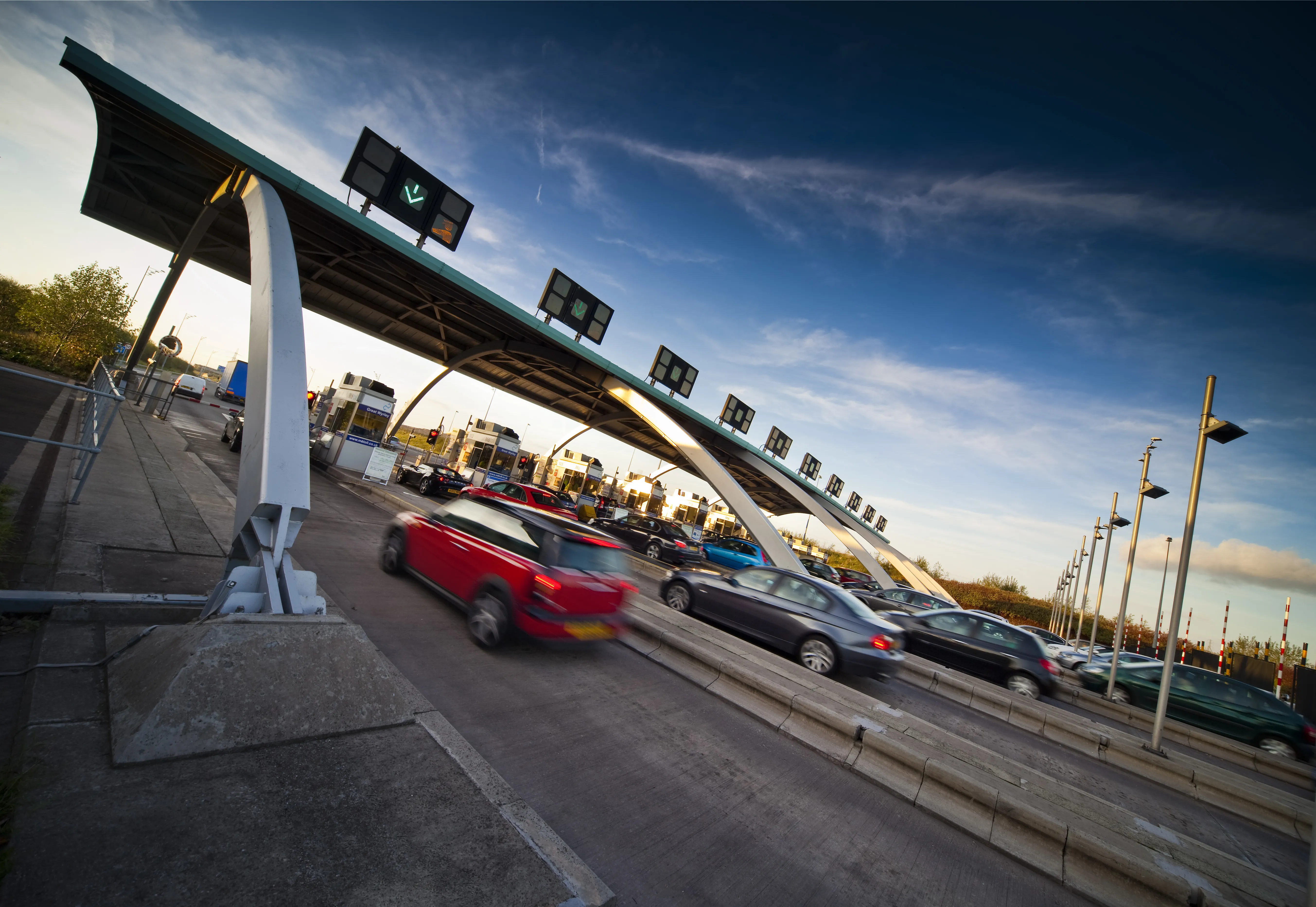Official statistics can often reveal the blindingly obvious to anyone with the remotest level of common sense. A report from the UK's Office for National Statistics presents a fine example, stating that fewer journeys were made during the recession.
February 27, 2012
Read time: 3 mins
Official statistics can often reveal the blindingly obvious to anyone with the remotest level of common sense. A report from the UK's Office for National Statistics presents a fine example, stating that fewer journeys were made during the recession.
The Social Trends report explains that there was a big fall in the number of journeys made by all modes of transport between 2008 and 2009. The report says that in 2009 around 1.9 billion tonnes of freight was shifted within Great Britain, over 80% of which was by road. Between 2008 and 2009 road freight fell by 17%.
Similar downturn trends in total journeys, truck traffic, average vehicle distance travelled and vehicle densities on US highways have been identified by the US2410 Federal Highway Administration (FHWA). Given that the economic downturn hit North America and Europe hard, it seems likely that many nations will be able to report the same sorry tale.
In Europe, the problems have been particularly tough for drivers. European fuel prices have climbed rapidly to record highs, boosting transport costs as a result. In the US at least, fuel prices are still comparatively low. Various European transport groups have complained about high fuel duties and how these impact on trade. Given that transportation forms a key component of economic activity, it does beg the question of how much those fuel taxes could be reduced to help boost trade and help lift countries out of recession, while also taking note of the budget shortfalls governments have to deal with due to lower revenue from business taxation when industry has been at a low. This is a highly complex area of economics and it is not apparent that Europe's politicians are getting the balance correct.
At the same time though in the US, construction industry groups such as the American Road & Transportation Builders Association (ARTBA) have been supporting cross party moves to increase fuel duty by a few cents, to help pay for the Highway Trust Fund's deficit. This is a huge political issue in the US, despite the long term benefit this could bring by helping repair crumbling highway sections. US drivers grumble quietly when burning additional fuel in jams on congested highway sections but complain vociferously at the prospect of a few per cent being added to the cost of fuel to fund highway upgrades.
In the US at least, a certain percentage of Government taxation is put into highway maintenance, repairs and improvements. But in Europe, highway investment is generally seen as one of the first budget cuts to be made at the time of recession and this is very obviously the situation the sector faces at present. Revitalising transport can help grow economies, a fact that has not gone un-noticed in developing nations and most obviously at present in Brazil, China and India.
The Social Trends report explains that there was a big fall in the number of journeys made by all modes of transport between 2008 and 2009. The report says that in 2009 around 1.9 billion tonnes of freight was shifted within Great Britain, over 80% of which was by road. Between 2008 and 2009 road freight fell by 17%.
Similar downturn trends in total journeys, truck traffic, average vehicle distance travelled and vehicle densities on US highways have been identified by the US
In Europe, the problems have been particularly tough for drivers. European fuel prices have climbed rapidly to record highs, boosting transport costs as a result. In the US at least, fuel prices are still comparatively low. Various European transport groups have complained about high fuel duties and how these impact on trade. Given that transportation forms a key component of economic activity, it does beg the question of how much those fuel taxes could be reduced to help boost trade and help lift countries out of recession, while also taking note of the budget shortfalls governments have to deal with due to lower revenue from business taxation when industry has been at a low. This is a highly complex area of economics and it is not apparent that Europe's politicians are getting the balance correct.
At the same time though in the US, construction industry groups such as the American Road & Transportation Builders Association (ARTBA) have been supporting cross party moves to increase fuel duty by a few cents, to help pay for the Highway Trust Fund's deficit. This is a huge political issue in the US, despite the long term benefit this could bring by helping repair crumbling highway sections. US drivers grumble quietly when burning additional fuel in jams on congested highway sections but complain vociferously at the prospect of a few per cent being added to the cost of fuel to fund highway upgrades.
In the US at least, a certain percentage of Government taxation is put into highway maintenance, repairs and improvements. But in Europe, highway investment is generally seen as one of the first budget cuts to be made at the time of recession and this is very obviously the situation the sector faces at present. Revitalising transport can help grow economies, a fact that has not gone un-noticed in developing nations and most obviously at present in Brazil, China and India.







